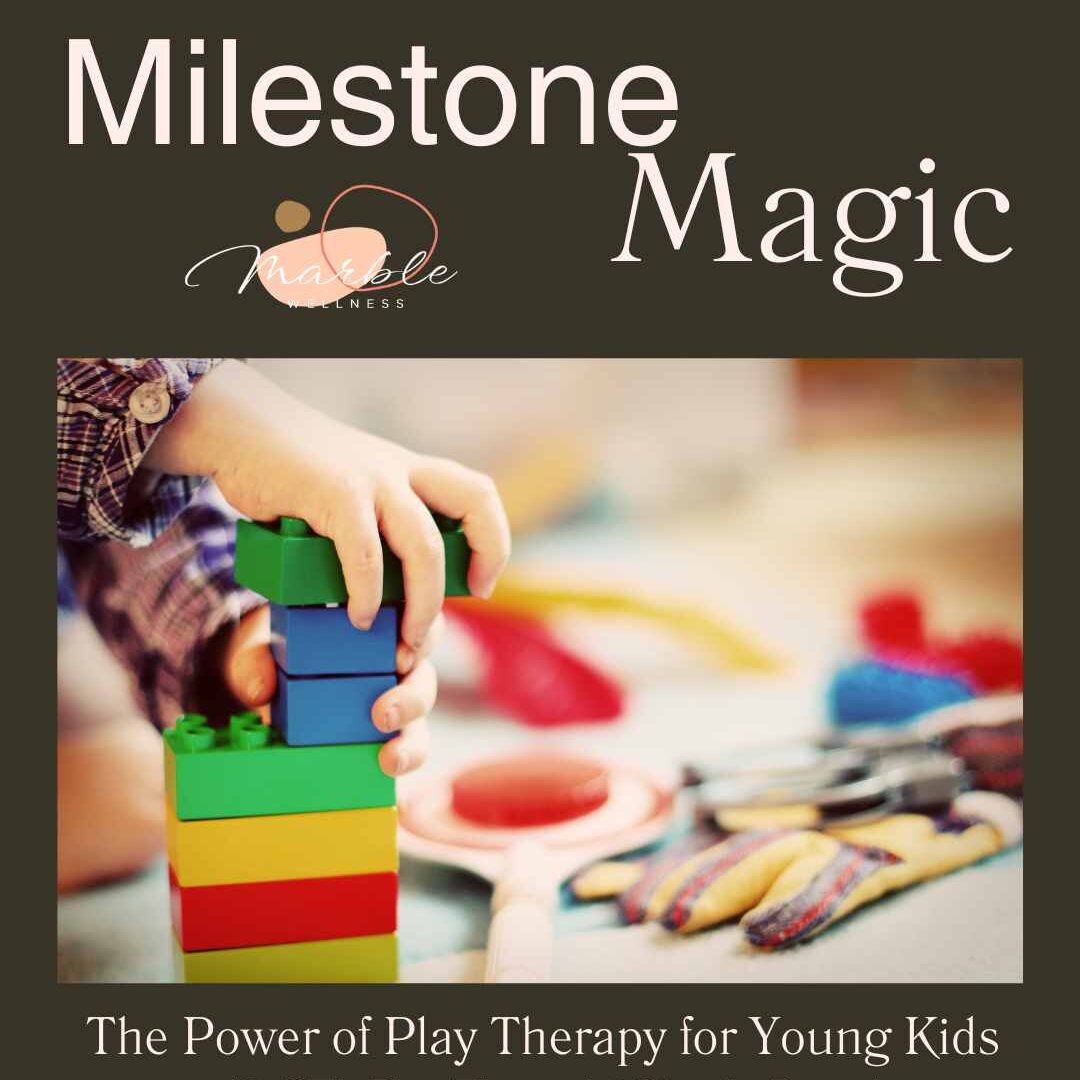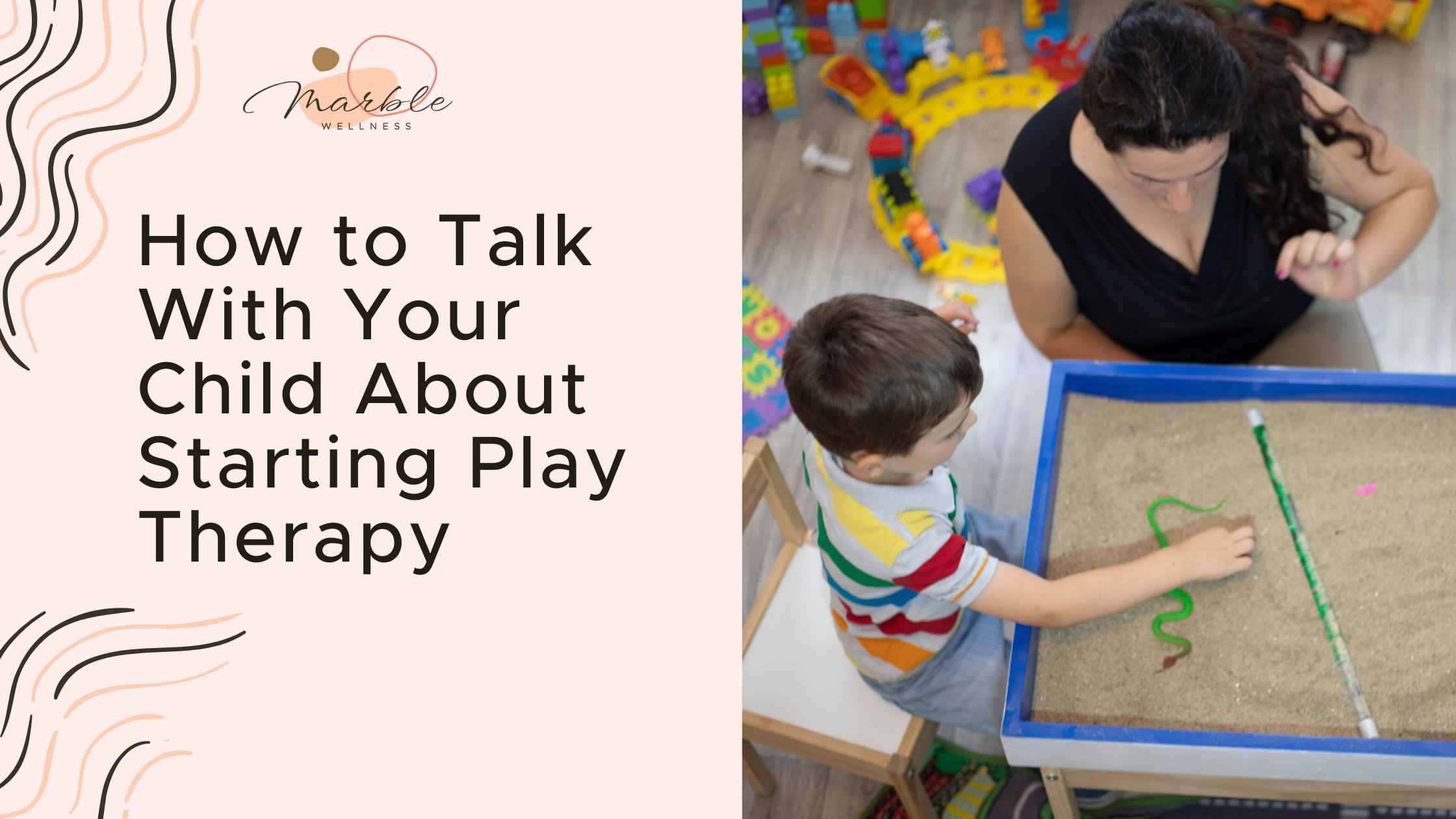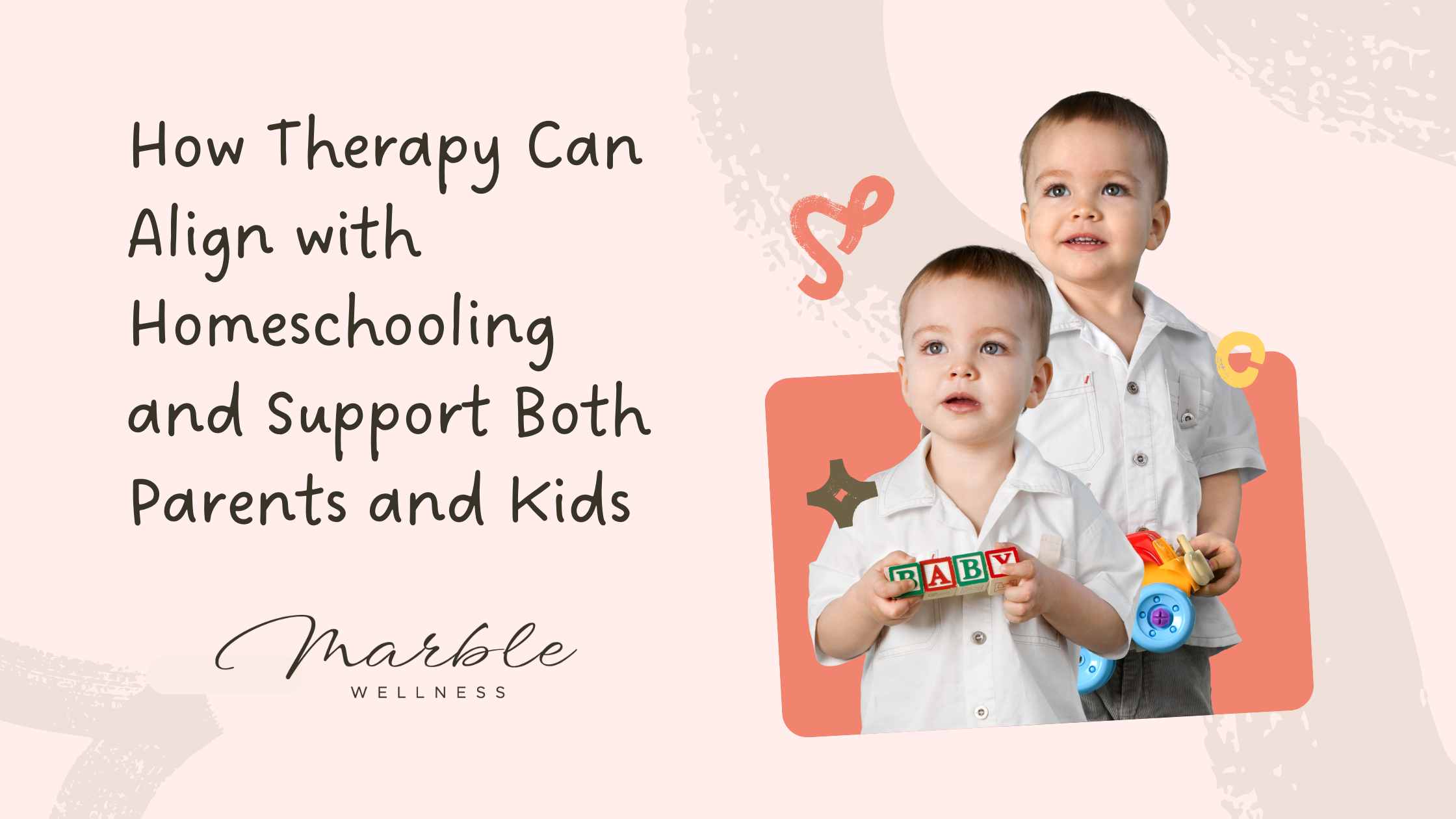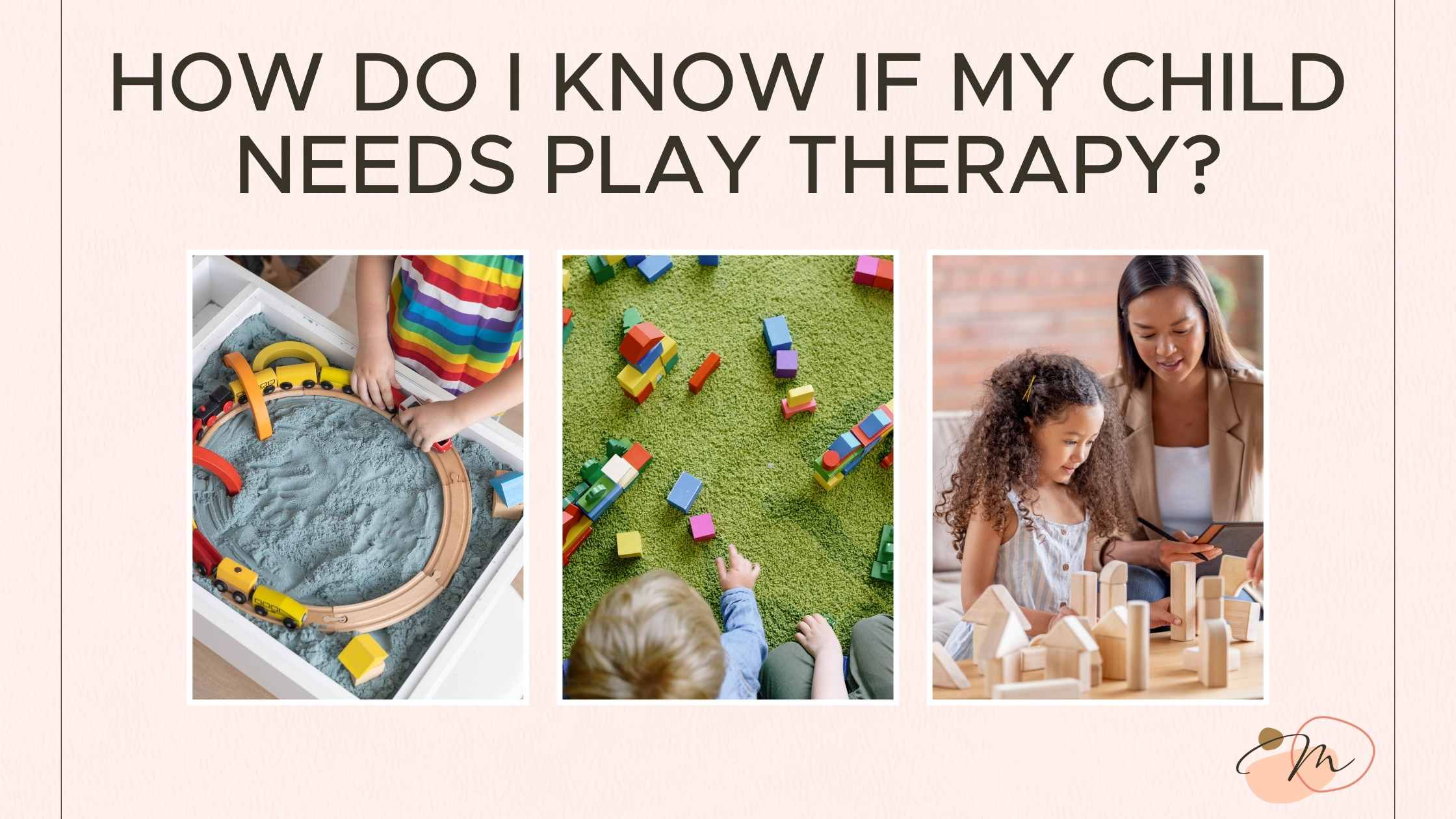Starting play therapy can be an exciting and transformative experience for your child, but introducing the idea to them might feel daunting. As parents, you want to ensure your child feels comfortable, safe, and supported as they begin this journey. This blog will guide you through how to talk with your child about starting play therapy in a way that is age-appropriate, relatable, and reassuring.
What Is Play Therapy?
Before diving into how to explain play therapy to your child, it’s helpful to understand what it entails. Play therapy is a specialized form of therapy designed for children. It uses play—their natural form of communication—to help them process emotions, navigate challenges, and develop coping skills. Whether your child is working through a specific experience or simply learning emotional tools for their future, play therapy provides a safe space for growth.
Tailoring Your Approach Based on Age and Development
Children of different ages and developmental stages will respond differently to the concept of therapy. Here’s how you can adjust your explanation:
- Toddlers and Preschoolers: Keep it simple and concrete. For example, “You’ll get to go to a special place where you can play with toys and games while learning how to feel better.”
- Elementary-Aged Kids: Use relatable examples they understand, like comparing play therapy to school or after-school activities. “Just like you go to soccer practice to get better at soccer, you’ll go to play therapy to learn about feelings and how to handle tough situations.”
- Tweens: Acknowledge their growing independence and curiosity. Explain that play therapy is a space where they can talk or play freely about anything they want.
- Teens: Be honest and direct while respecting their autonomy. You might say, “Play therapy isn’t just for little kids—it’s a way for you to work through things in a way that makes sense for you.”
How to Frame Play Therapy Positively
It’s crucial to present play therapy as something empowering rather than intimidating. Shayla, one of our expert child therapists at Marble Wellness, recommends explaining it like you would describe school or an extracurricular activity:
- School Analogy: “You go to school to learn math, reading, and science—things that will help you in life. Play therapy is similar because it helps you learn about feelings and ways to handle situations that might be hard.”
- Activity Comparison: “Just like swim class teaches you how to swim or hockey practice teaches you the rules of the game, play therapy helps you learn tools for managing emotions and understanding yourself better.”
This approach helps normalize therapy as an opportunity for growth rather than something unusual or scary. Hear more from Shayla by watching our “Milestone Magic” webinar!

Relating Play Therapy to Familiar Experiences
If your child has interacted with other adults in supportive roles—like a school counselor—you can use that connection as a bridge. For instance:
- “Remember when Mrs. Smith talked with you about feeling nervous before the school assembly? Play therapy is kind of like that, but with more toys and games.”
- “You know how Coach Mike helps everyone learn teamwork during practice? Your play therapist will help you learn ways to work through feelings or tricky situations.”
Using familiar names or scenarios makes the concept more tangible for your child.
Addressing Common Concerns Children May Have About Play Therapy
Your child might have questions or hesitations about starting therapy. Here are some common concerns and ways you can respond:
- “Why do I need this?”
- Response: “Everyone needs help sometimes, just like everyone needs teachers or coaches. Play therapy is just another way of learning something important—how to feel better when things are hard.”
- “What if I don’t want to talk?”
- Response: “That’s okay! You don’t have to talk if you don’t want to. You can just play games or use toys—it’s up to you.”
- “Will it be fun?”
- Response: “Yes! There are lots of toys and activities in the room. Plus, the therapist will make sure it feels like a safe place for you.”
Practical Tips for Starting the Conversation
Here are some actionable steps for introducing the idea of play therapy:
- Choose the Right Time: Pick a calm moment when your child feels relaxed—perhaps after dinner or during a quiet weekend afternoon.
- Use Simple Language: Avoid jargon; speak in terms they understand.
- Stay Positive: Emphasize the benefits without focusing too much on problems.
- Invite Questions: Let them express any thoughts or concerns they have.
- Be Reassuring: Remind them that this is a safe space where they can be themselves.
What Happens During Play Therapy?
Children often feel more comfortable when they know what to expect. You can explain the basics:
- “There will be lots of toys, games, and art supplies in the room.”
- “The therapist will let you decide what you want to do—whether it’s playing with toys or talking about something.”
- “Sometimes they might ask questions while you’re playing, but there are no right or wrong answers.”
This helps reduce any fear of the unknown.

Encouraging Your Child’s Engagement
Once your child starts play therapy, encourage them in small ways:
- Ask open-ended questions like, “What was your favorite part today?”
- Avoid pressuring them for details—they’ll share when they’re ready.
- Celebrate their progress by acknowledging their effort: “I’m so proud of how brave you were today!”
Talking with your child about starting play therapy doesn’t have to be overwhelming. By using relatable language and framing it positively, you can set the stage for a successful experience.
Start Child Therapy in the St. Louis Area
At Marble Wellness in St. Louis, MO, we specialize in helping children feel comfortable in their therapeutic journey through compassionate care and expert guidance. If you’re considering play therapy for your child, reach out today—we’re here to support both you and your little one every step of the way! Reach out to our Client Care Coordinator today to discuss your therapy options, both in-person and via online therapy in Missouri.
Contact Us!
Learn About Our Group Offerings

Additional Counseling Services at Marble Wellness in St. Louis, MO
Marble Wellness Counseling services are designed to help set you on a path of living a more fulfilled, calm, and happy life. Our St. Louis area therapists have a variety of training backgrounds and areas of expertise. We specialize in anxiety, depression, grief, chronic illness, therapy for men, couples, and maternal overwhelm. Our practice also helps new moms with various postpartum concerns, moms in the thick of parenting, and moms with teens. We can also chat from wherever you are in the state with online therapy in Missouri. No matter where you are in your journey, we are here to help you thrive!



